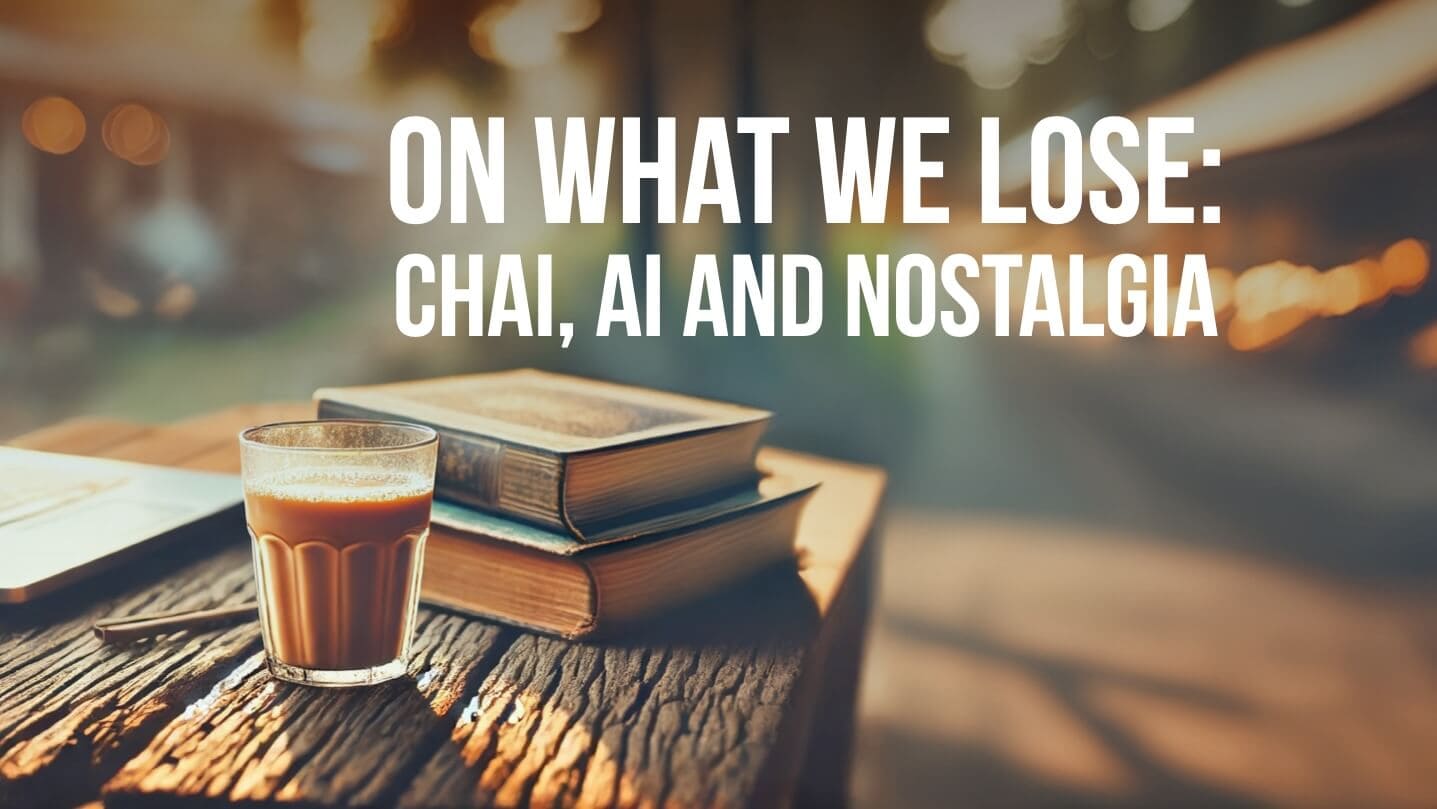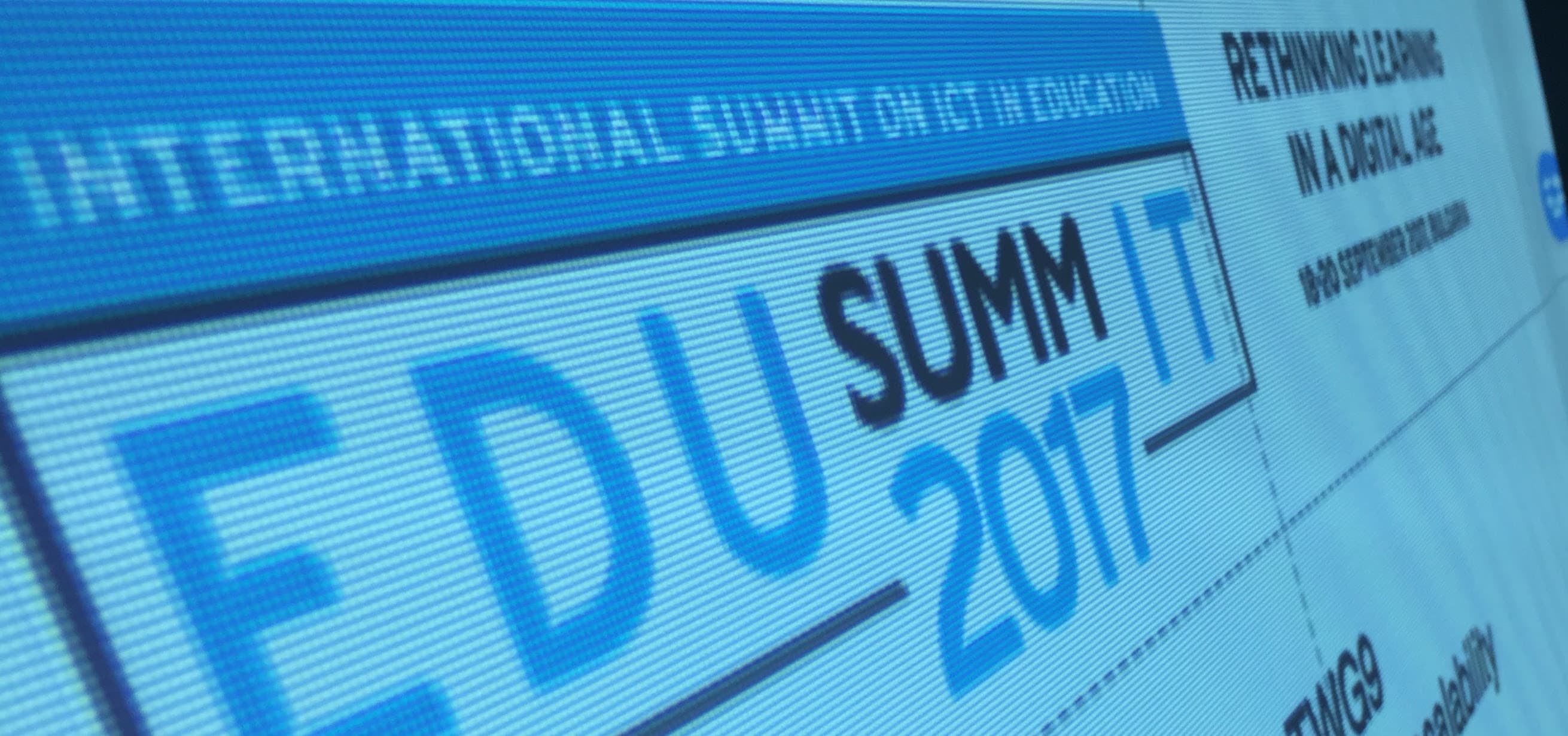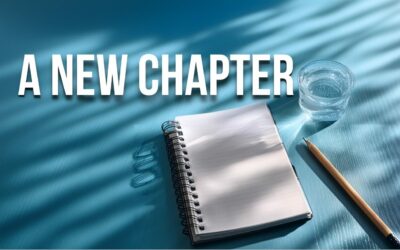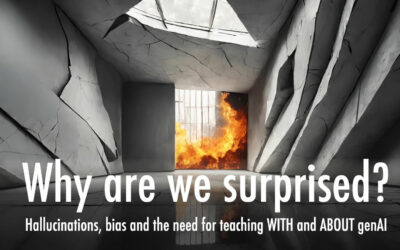Technologies give and they take away. This was poignantly highlighted in a recent article by Lisa Lieberman in the Chronicle of Higher Education titled “AI and the Death of Student Writing.” The subtitle says it all: “The move away from true hands-on scholarship seems tragic.”
In her essay, confronts the fact that a significant number of her students were using AI to generate their essays. As she writes, reading
When I used to read good writing like that, my heart would leap with joy. The students are getting it! I’d think. Now my heart sinks because I know those sentences/paragraphs/whole essays are probably computer-generated….this stepping away from true hands-on scholarship and turning toward AI feels tragic.
This leads her to reflect on her college days, where the magic of learning lay in the intimate act of reading and responding to texts. As she so evocatively writes:
I remember my days at Berkeley, where, as an English major, I’d take my copy of Wallace Stevens’s The Palm at the End of the Mind, or Chaucer’s “The Wife of Bath’s Tale,” and pick a nice, sunny spot on campus on a grassy knoll underneath a tree, lay out my blanket, and spend the afternoon reading and scribbling notes in my books. It was just me and my books and my thoughts. There was nothing better.
As I lay there reading the writer’s words, they came to life — as if the author were whispering in my ear. And when I scribbled my notes, and wrote my essays, I was talking back to the author. It was a special and deep relationship — between reader and writer. It felt like magic.
This is the kind of magic so many college students will never feel. They’ll never feel the sun on their faces as they lie in the grass, reading words from writers hundreds of years ago. They won’t know the excitement and joy of truly interacting with texts one-on-one and coming up with new ideas all by themselves, without the aid of a computer. They will have no idea what they’re missing.
This kind of personal engagement with literature, she argues, is at risk of being lost in the age of AI and digital convenience.

Reading Lieberman’s essay, and the sense of mourning that she captures, reminded me of something I had written, 25 years ago, in the spring of 1999. The essay, titled “Tea and Technology,” shares a similar sense of nostalgia, this time in the context of online learning, something that was just emerging on the scene. Remember, when this was written it wasn’t even 10 years since the release of Mosaic the first web browser! Early days indeed.
In this essay I recounted my days in as an undergraduate student in Pilani, a tiny village in north India. While I don’t recall much of the academic content (for reasons I have written and spoken about elsewhere), my memories of chai are vivid. The chai shop was a hub of social interaction. It was a place where we discussed life, the universe, and everything over syrupy-sweet chai and freshly fried snacks. Tea was more than a beverage; it was the axis around which our world revolved. We skipped classes for chai, ran back from lectures for chai, and gathered in the afternoons and nights around chai. These moments, under the shade of neem trees or in the sun, were integral to our college experience.
In contrast, I wrote that virtual learning environments, with their icons of coffee mugs leading to “informal chat rooms,” could not replicate the richness of these real-life experiences. Despite the conveniences of virtual learning, I felt that something would be inevitably lost. Again, as a professor of educational technology, I was no luddite, and I sensed a future that was emerging and also somewhat inevitable. As I wrote:
Now I am beginning to sound like the horse-shoe manufacturers facing the arrival of the Model T Ford. Decry as they might the rise of the mechanical world there was nothing much they could do about it. Either they got out of the way or got flattened in its path…
My memories of my undergraduate life are, I am sure, quite similar to that of my father, and most probably those of my grandfather as well. My children, I think, will have very different memories. So something has changed. And … I am old enough to feel nostalgic about the fact that maybe no-one will sit below the neem tree, with a chai in hand, watching the peacock dance!
I am not advocating for a return to the past or for resisting the tide of technological progress. The benefits of online learning are many and varied. I am not here to argue with that or against that.
All I am trying to say is that I understand this sense of loss that Lisa Lieberman feels. I get it. One can make the argument that every technology brings gains and losses (points I have made elsewhere on this very website). At the same time I think it is okay to feel sad about what we lose. Lieberman makes a poignant point about what going to college meant for her, and what is possibly lost by her students who use AI to write beautifully crafted sentences that sidestepped the need to read and think deeply. And she worries about what is lost in that process. I do not think, that the issue that Lieberman is worried about is plagiarism. It is much more than that. Something deeper. It has to do with how we engage with and respond to the written word. What it means to read and write intelligently? What it means to learn and grow and develop.
Change is inevitable, and yes, it is not all bad. There are many beautiful things will emerge from this change, but that does not mean that we cannot be nostalgic for what is lost in the process. And yes, I miss the chai and the dancing peacock just as Lieberman misses her sunlit afternoons with books.





0 Comments